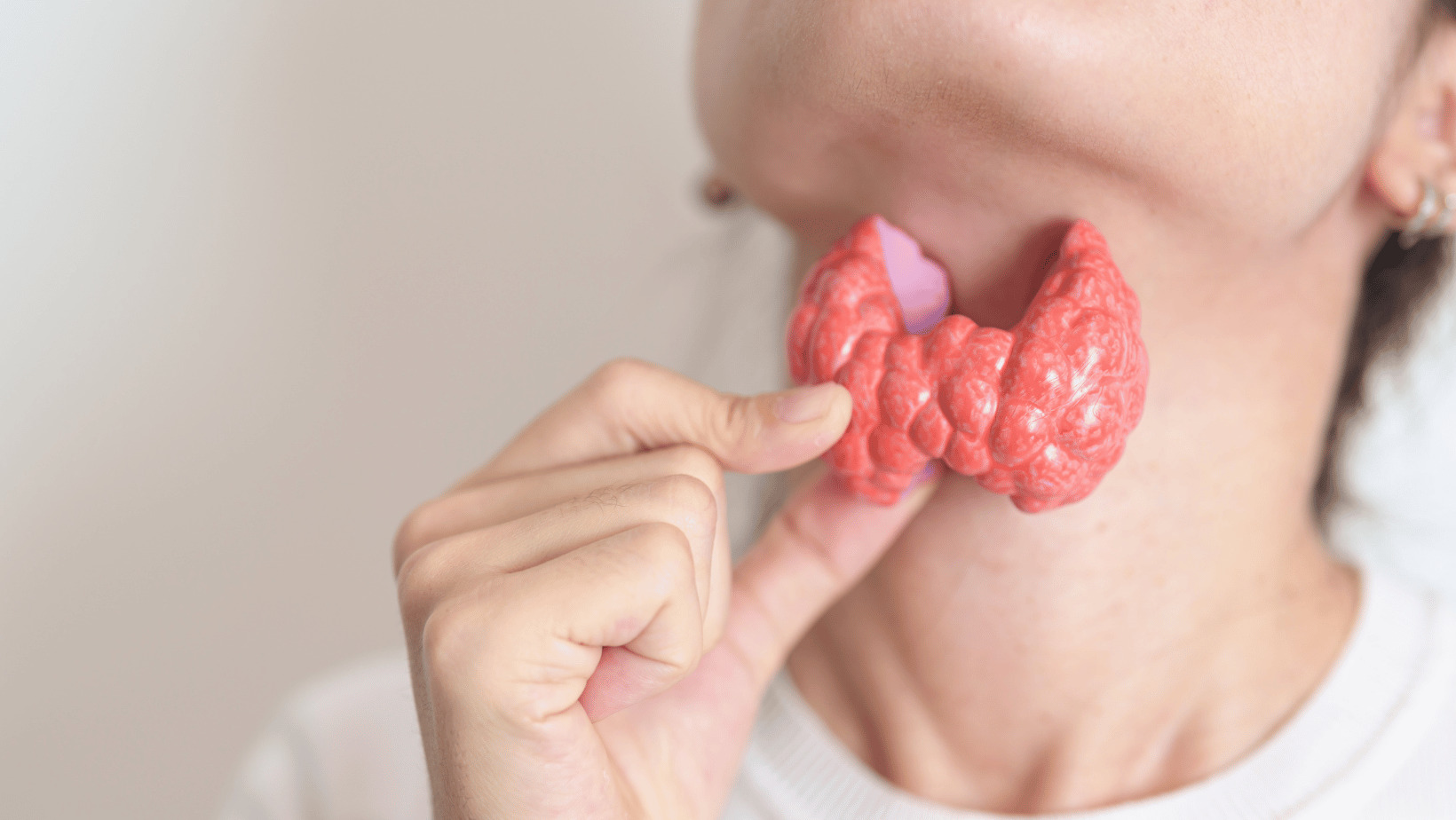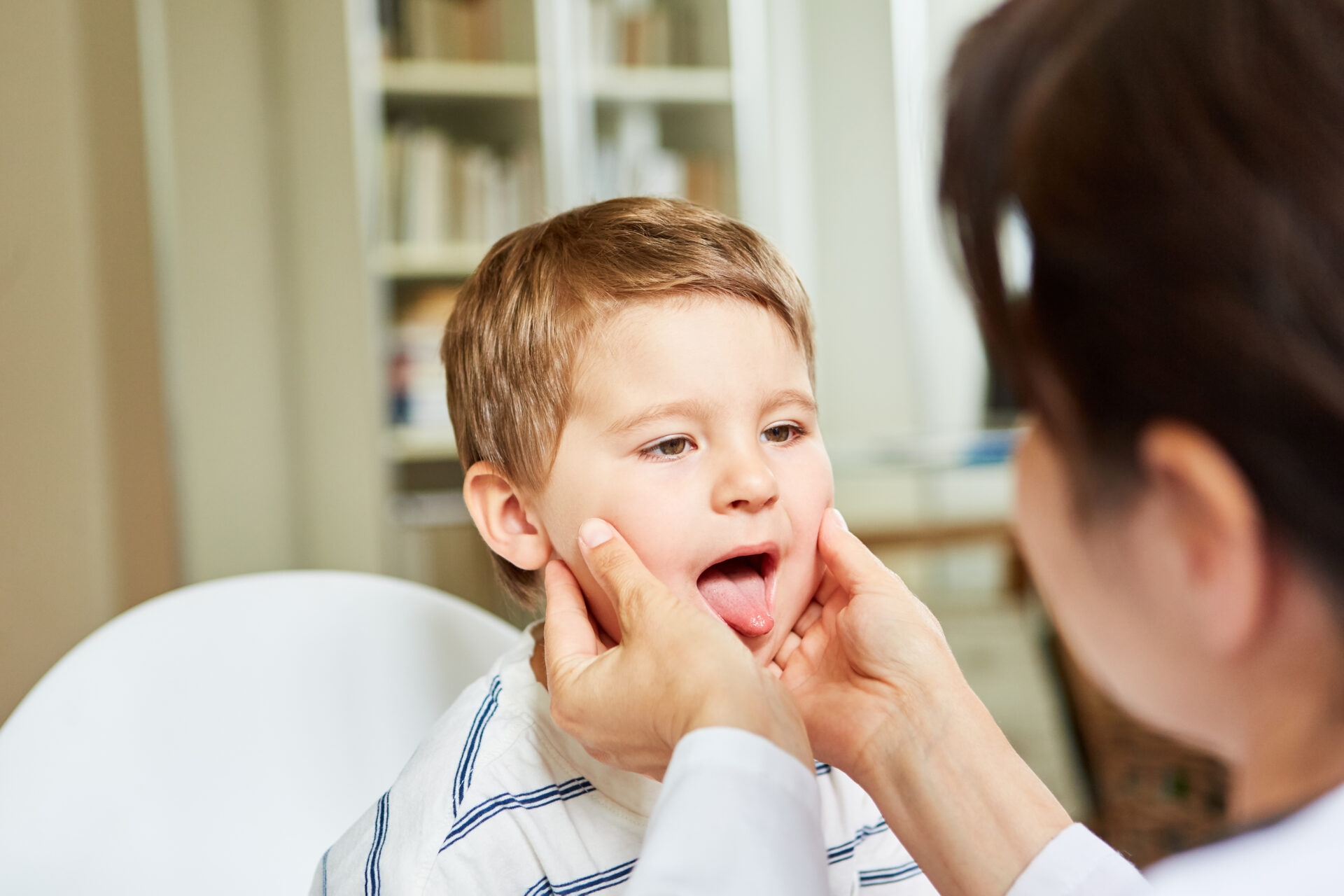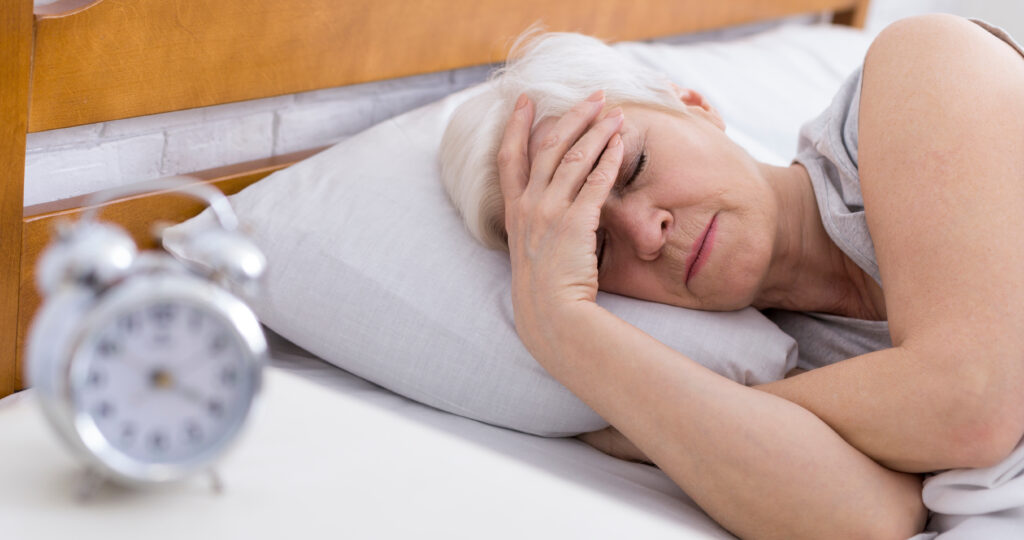Suddenly the heart starts racing and there is an increased pulse rate. These are the classic symptoms from which almost half of all women in the Menopause also known as palpitations or heart palpitations. Doctors suspect that the reason for these typical menopausal symptoms is tremendous hormonal changes. Generally, this condition can last for several years.
In this blog post, you'll learn what makes up menopause, what typical symptoms occur, why heart palpitations occur, how to strengthen your heart, and what remedies you can use to get through this difficult physical transition phase in good health.
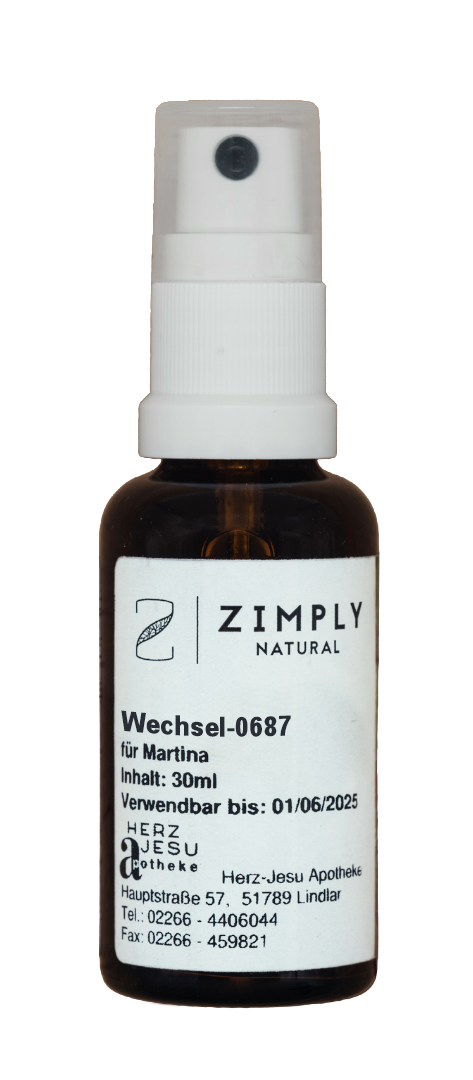
Your individual menopause blend
With natural methods such as the individual spagyric sprays from Zimply Natural, complaints can be treated and sustainably alleviated.
What is menopause?
The menopause or climacteric exists before and after the last menstrual period. It refers to the phase in which women can have children or pregnancy is no longer possible.
Menopause usually begins around the age of 40. From this time onwards, the ovaries gradually produce fewer and fewer sex hormones, which is why ovulation often fails to occur. This leads to a decrease in fertility. An indication is when the menstrual periods come more irregularly. At the beginning the cycles are often shorter and later longer. Until finally the menstrual bleeding stops altogether.
The last menstrual period is also called menopause. On average, women are 51 years old at this time. The range is wide, because for some women the period stops a little earlier (45 years) and for others again a little later (50 years). However, it usually takes several more years before the hormonal transition is complete.
The climacteric is differentiated into three phases: premenopause, the period up to approximately 45 years of age, perimenopause with menopause, the period from 45 years to 51 years, and postmenopause, the period from approximately 52 years.
It is important to mention that menopause in itself is not a disease, but a normal phase of life. Due to the change in the hormones progesterone and estrogen, symptoms such as hot flashes or sweating may occur. Menopausal symptoms vary from person to person. In general, about one third of all women cope well and have no or few problems.
Typical symptoms
There are various complaints from which women suffer. The best known symptoms are palpitations, Hot flashes, sweating, night sweats, Sleep disorders, mood swings, restlessness, cycle fluctuations, weight gain, osteoporosis and cardiovascular risk.
Tachycardia and palpitations
Suddenly, the heart starts beating faster and you notice an increased pulse. This usually happens unexpectedly: For example, while at work, shopping, going for a walk or in the evening on the sofa when you want to rest. The palpitations (tachycardia) or heart palpitations (palpitation) often occur in conjunction with hot flashes. Fortunately, not every woman is affected. Almost 40 % of women suffer from the symptoms. Typically, the symptoms appear at the beginning (perimenopause) or towards the end (postmenopause) of menopause.
How do I measure my pulse?
The heart rate is detected by the pulse. Most often, the pulse is measured while lying or sitting. Normally, this is between 60 and 80 beats per minute for an adult at rest. People who do more sports usually have a slightly lower resting pulse.
If you want to measure your pulse, it is best to place two to three fingers on the artery of the inner part of the wrist, below the ball of the hand. In the next step, count the number of palpable beats for a period of 30 seconds and multiply the number by two.
Causes
But how is it that symptoms such as palpitations, heart palpitations and heart palpitations suddenly appear during menopause? In general, women actually suffer less from cardiovascular complaints than men before this phase. Scientists believe that the protective effect of estrogens is the reason for a lower incidence of cardiovascular disease. The risk thus increases due to the decline in estrogens during menopause. However, there are also other reasons why cardiovascular disease increases. Recent evidence shows that tobacco smoking has increased among women in recent decades. This has led to an increase in heart conditions. Among other things, a healthy and low-fat diet also plays an important role in a fit heart.
How can I strengthen my heart?
We'll give you a few tips on how to generally reduce palpitations, heart palpitations, and heart palpitations, or what to do for a healthy and strong heart:
Healthy diet

Eat more vegetables, fruits, nuts, legumes and other fresh foods. It's also best to avoid convenience foods and fast food.
Less meat consumption

Just try to always consume little meat. Before above all, it is important to resort to high-quality products.
Spices instead of salt
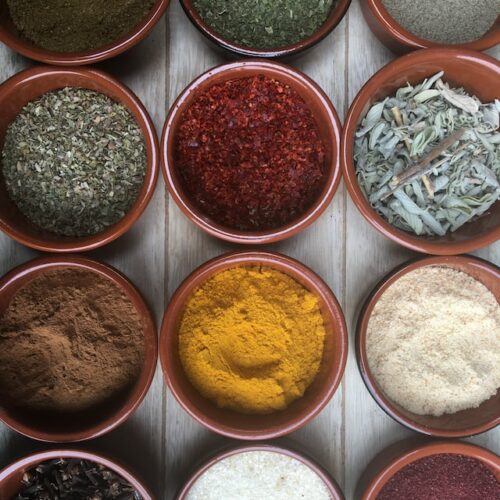
Change the salt content of your dishes. It is often sufficient to refine the dishes with spices. Above all, make sure to use natural salt without anti-caking agents from the organic market. On the one hand, it is not chemically refined salt and on the other hand, it contains by far more minerals than the ordinary salt.
Minimize sugar consumption

For example, replace sugary drinks such as sodas with water or tea. It is also advisable to drink juices diluted with water rather than concentrated. In general, you should also watch your consumption of sweets. Go for vegetables and fruit instead.
Avoid stress

Everyday life for most is basically always filled with Anti-Stress connected. Take time out more often where you are not disturbed by anyone. Go into nature, walk through the forest. Breathe in the fresh air and switch off. Try to turn off all your thoughts and just be aware of the moment. Attend a yoga class, meditate, or relax with a hobby. Do something that brings you fun and relaxation.
Be active in sports

It is important to keep your body fit. This has a very positive effect on metabolism and circulation. At the same time, the beneficial activity trains the heart. However, sport also relieves stress and aggression and releases the happiness hormones serotonin, dopamine and endorphin. By the way, regular sport ensures a lower resting pulse.
Harness the power of nature!
For this purpose, there are various minerals and herbal remedies that lower your pulse in a natural way and also help with menopausal symptoms.
- Enough Magnesium is important, because a deficiency can lead to palpitations. Natural sources are found in nuts and whole grain products.
- Against stress, which puts additional strain on the heart, also helps Valerian. You can find it in different forms like tea, tablets or drops.
- Hawthorn has the property to strengthen the heart and normalize the pulse. A healthy cup of tea every day supports your heart function.
- The healing spice Cinnamon You to lower blood pressure and thereby reduce palpitations.
- The healing effect of the Bugweed: Due to its estrogenic effect, the bugweed can relieve or eliminate the symptoms. The discomfort becomes easier and the body can better adapt to the period with fewer hormones.
- St. John's wort acts as a natural mood enhancer and has a calming effect.
- The plant Kava-Kava Helps against stress and sleep disorders. Is mood-lifting and at the same time calming.
- Pomegranate contains phytoestrogens - so it contains hormones, has an excellent effect on the cardiovascular system, has a rejuvenating effect and nourishes the skin. But pomegranate is also used for cancer prevention. Its antioxidants such as polyphenols have shown inhibitory effects on growth and promoting effects on cell death and new blood vessel formation in various types of cancer.



